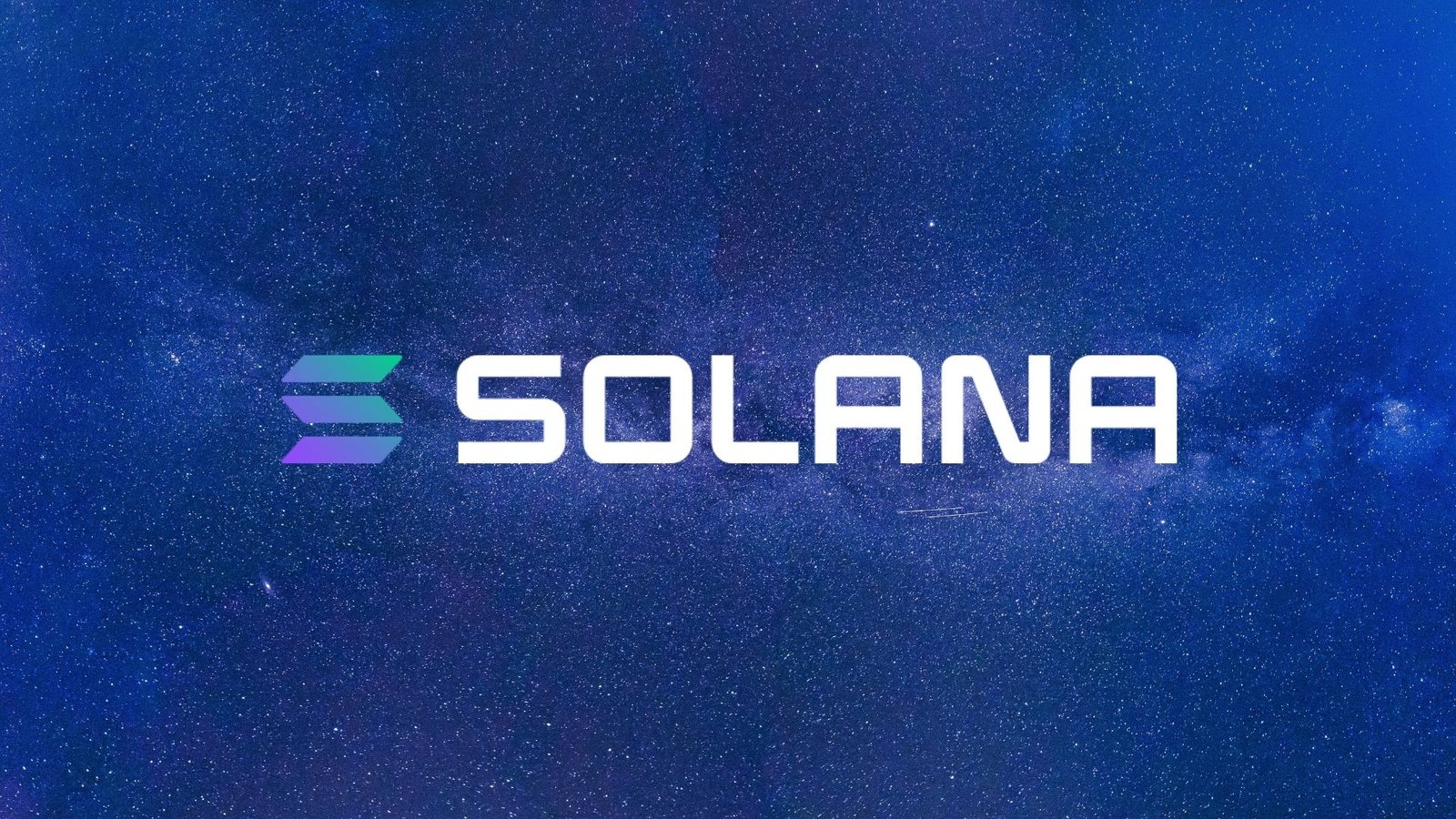Anatoly Yakovenko, the creator of Solana, has described the unique technique Solana employs to secure the security and functionality of its blockchain. In response to a tweet that suggested Solana’s failures were caused by on-chain voting, Yakovenko noted that proof of stake systems need an extensive network connection for validation and that Solana employs quadratic messaging overhead as a condition for conventional Byzantine fault tolerance (BFT) consensus.
Solana has a high number of nodes, 3,000 in its quorum, requiring it to process a huge quantity of messages every round.
Solana has created subcommittees that maintain the quorum at 200 nodes in order to handle this demand, although this technique needs an agreement to be reached in seconds and includes security and performance considerations.
Solana strives to be quick and safe, and its 2,800-node quorum is meant to identify any malicious behaviour by a small subset of nodes in the validations’ long tail, guaranteeing that the smallest staked validator delivers the same degree of security as the biggest staked validator.
Yakovenko further clarified the reason for implementing votes as transactions. Because every other user state transfer, such as an open book order, requires the same degree of security, each message must be sent to all 3,000 quorum nodes. Solana utilizes a single pipeline optimized for all communications, including votes, therefore they are implemented as transactions since it is the most efficient manner.
Yakovenko stressed that Solana’s technology is unique and well-tuned for security and performance. Yet, sustaining such a network requires balancing security, performance, and complexity. Yakovenko’s analysis emphasizes the difficulties associated with maintaining Solana’s sustained effectiveness.
Also Read: RBI Governor Says G20 Summit Participants Might Contemplate A Complete Crypto Ban


Comments are closed.